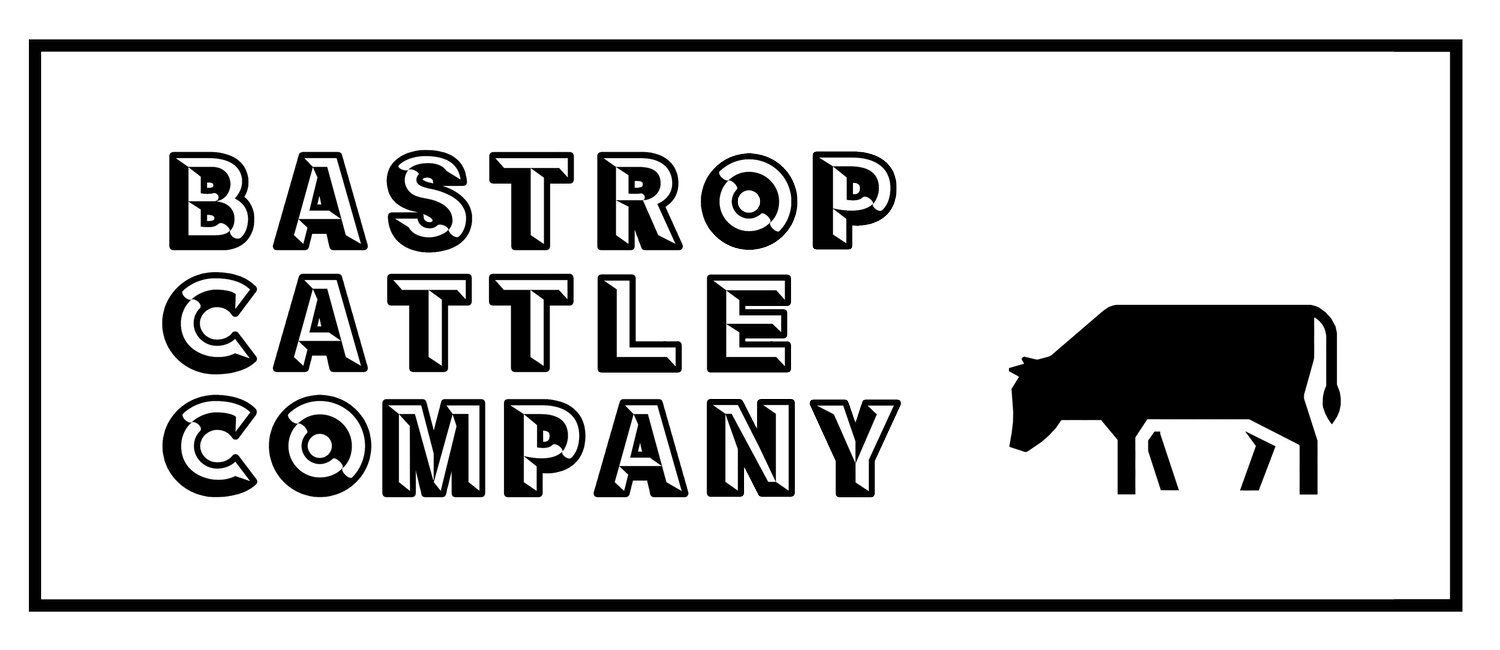There’s a simple joy in buying food directly from the people who made it.
One would be hard pressed to find someone who wouldn’t want to buy their groceries from local ranchers and farmers. There’s so much comfort in the simplicity of buying direct, and yet it’s very difficult for most people to do so. Even trying to find out where your food comes from can be an exhausting exercise.
In 2003, When Pati Jacobs took over her family ranch in Bastrop, Texas, she wanted keep things simple. During her childhood she had seen the joy that raising cattle had brought her parents, but also the stress they endured due to fluctuating cattle prices at the auction barn. Prices could drop 80% in a week, and it made managing the finances difficult. She didn’t want to base her business on an unstable market.
On an ethical level, Pati didn’t like the use of grain/corn especially in feedlot production. Cows are ruminant animals, and their bodies aren’t designed to process anything other than foliage. As stewards of land and livestock, Pati believes that ranchers should strive to provide a natural, comfortable existence for their herds.
Lastly, Pati felt morally responsible to preserve the natural biodiversity of the land and limit the environmental impact of her business. So much has been written about the damaging impacts of fertilizer and pesticides on soil. Additionally much discussion about climate change has focused on emissions from cattle production. But how could a ranching operation address these issues?
For all her research, the answer was simple. Feed cows grass, process at a local butcher, deliver to local customers. What might surprise you is that it’s not only the right thing to do ethically, it’s also financially the best way for small ranchers to stay in business.
Many agricultural products like hormones, fertilizer, etc, might provide a short term boost to cattle weight but don’t work in the long run. Healthy soil makes healthy grass that naturally pushes out weeds. Cattle that have abundant access to grass, water and shade experience stress-free lives that keep them fat and happy.
Pati has always felt that so much of agricultural industry is smoke and mirrors, profiteering off the backs of small family farms and ranches. Ironically this corporate greed is why so many small producers go out of business. 4 massive companies control over 80% of the beef production in the U.S. It’s bad for the workers, it’s bad for the ranchers and it’s bad for the cattle.
The food system doesn’t need to be complicated. After all these years, Bastrop Cattle Company still runs a simple operation. We raise the cattle on grass, we butcher at a local family-owned facility, then deliver it to you. Period.
There’s a lot of bull in the beef industry,
we don’t do that.

